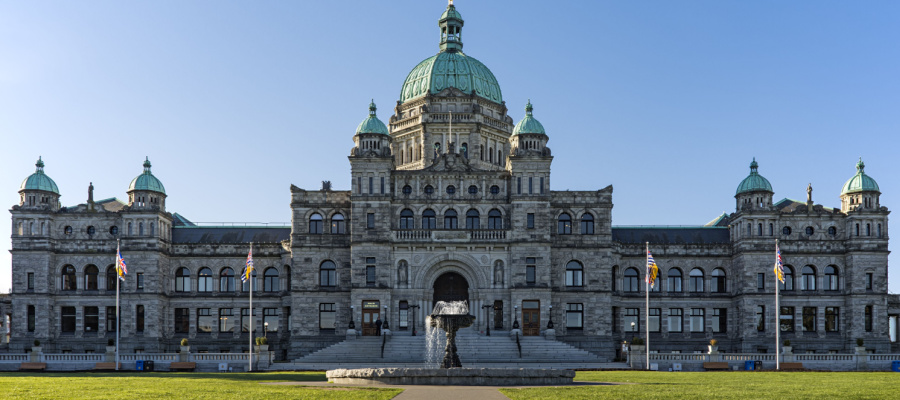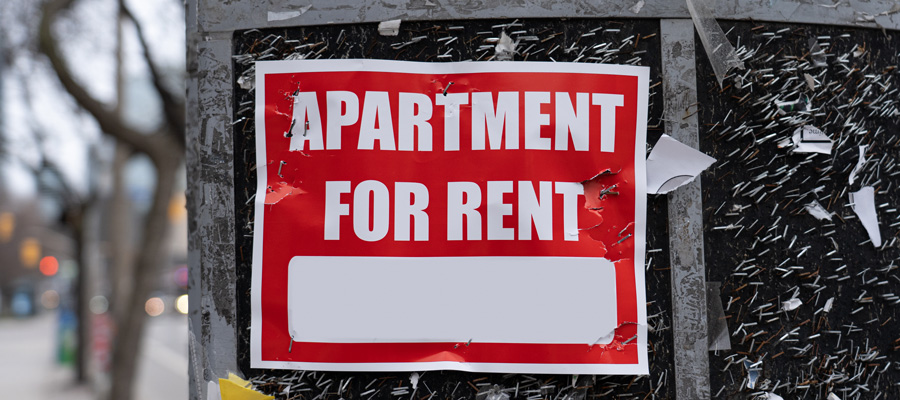Don’t be fooled by the Fraser Institute’s fearmongering on taxes

The latest “Alert” from the Fraser Institute hits a new low in misrepresenting reality.
The article claims to analyze the impact of proposed NDP-Green tax changes on BC families but their so-called “analysis” is pure fiction.
In their election platform, the NDP proposed raising taxes for the wealthiest British Columbians and for large corporations as well as increasing the carbon tax. The Fraser Institute Alert focuses primarily on the carbon tax, and their projections misleadingly imply that ordinary British Columbians will be the ones adversely affected by the proposed tax package.
The Fraser Institute completely ignores the proposed rebate bundled with the carbon tax increase.
First, even though the NDP-Green agreement specifically states the carbon tax increase will be phased in over four years, beginning April 1, 2018, the Fraser Institute assumes the entire increase is fully implemented in 2017.
Second, the Fraser Institute completely ignores the proposed rebate bundled with the carbon tax increase because “details of the rebate are unknown as of this writing”. However, the NDP-Green agreement explicitly commits to “deliver rebate cheques to ensure that a majority of British Columbians are better off financially than under the current carbon tax formula.”
Based on these two incorrect assumptions, the Fraser Institute projects a $482 increase in the average family’s carbon tax bill in 2017. In reality, BC families will see zero increase in their carbon tax this year. Even by 2021 when the full carbon tax increase is in place, a majority of families will be paying lower carbon taxes than today—not higher, as the Fraser Institute piece would lead you to believe—because of the rebate they will receive.
A little background: currently, individuals with incomes below $33,326 and families with incomes below $38,880 receive the full existing credit of $115.50 per adult and $34.50 per child. The value of the credit is clawed back quickly as income rises, and it disappears entirely at about $40,000 for individuals and $53,880 for families with two parents and two children (the exact family claw-back threshold depends on the number of adults and children present).
Nobody knows yet exactly how the new carbon tax rebate will be structured—but it is clear that it will be more generous than the current one and it will apply to more families. CCPA’s Marc Lee has modelled what this might look like here.
It is only fair to ask those who have benefitted most from economic growth to pay a little more in taxes.
On a more technical note, the Fraser Institute’s average family income figure (just over $110,000) is way higher than Statistics Canada’s latest numbers for average income for BC families with two or more people ($93,500 in 2015). Even this average income is inflated by very high income families, and the typical BC family had an income of $80,100 (this is the median family income, the point where half of BC families have higher incomes and half have lower incomes). By using higher income families as examples in their tax modeling, the Fraser Institute projects tax increases that far exceed what the typical family could expect. (For a more detailed explanation of this, take a look at this recent report by the Broadbent Institute.)
A closer look at Table 2 in the Fraser Institute article reveals that this fictional carbon tax increase accounts for over 80% of the projected overall tax increase for the average BC family in 2017.
The remaining 20% is due to the proposed increase in corporate taxes, all of which are assumed to be paid by BC families. The Fraser Institute argues that all corporate taxes are passed on to the average family through higher consumer prices or lower workers’ wages rather than shareholder profits (that the average family gets little of).
However, as I’ve argued before, there is little evidence to support this claim. There is a good reason to believe that the bulk of business taxes (80%) are actually paid by shareholders not by workers or consumers. Shareholder profits are very unequally distributed in Canada with the vast majority of earnings going to the richest few. The average BC family earns little income from business profits. Taking an average of all corporate taxes and attributing it to the average family is meaningless and grossly overestimates what typical BC families pay.
Projected tax increases far exceed what the typical family could expect.
In sum, the Fraser Institute report grossly overstates what tax increases might be for BC families and is completely silent on the fact that lower- and modest-income families will greatly benefit from the elimination of the MSP (which will be replaced with fairer taxes), the cancellation of bridge tolls and the enhanced carbon tax rebate.
It is only fair to ask those who have benefitted most from economic growth to pay a little more in taxes. The proposed increases for high income earners and large corporations would allow BC to invest in improved public services that will benefit all British Columbians regardless of their income level or age—from early childhood education, to better schools, transit improvements, programs to improve youth mental health and assist those dealing with addictions, a poverty reduction plan and more supports for seniors to age in place.
In the coming months, we are likely to see an onslaught of similar pseudo-studies aimed to convince us that we can’t afford the kind of just and sustainable society most British Columbians voted for in May. Don’t fall for this blatant fearmongering.
Topics: Economy


